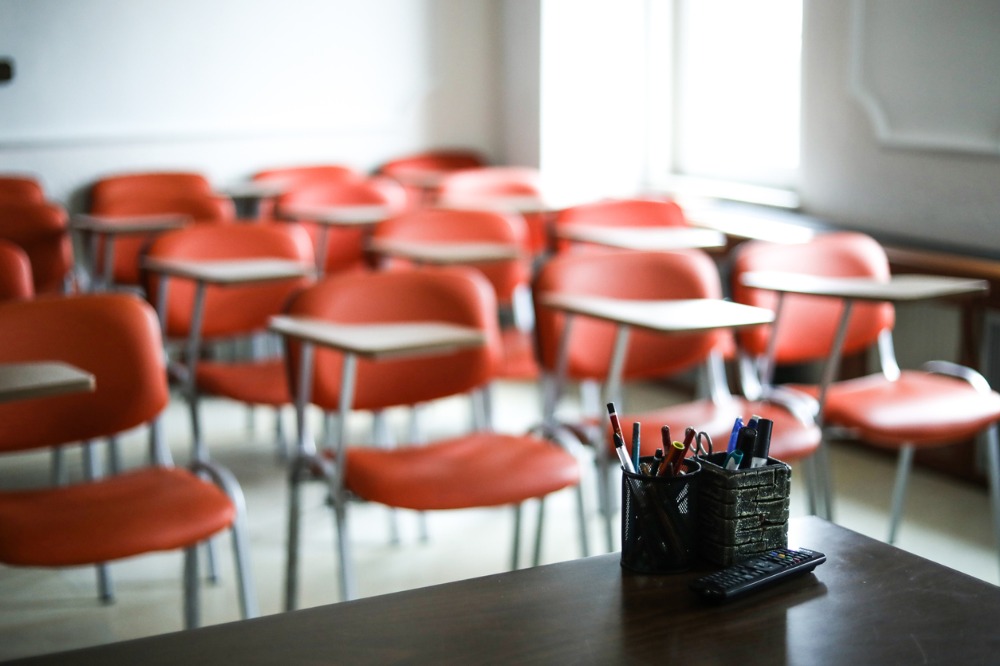
In July, a report from University of Melbourne called on the Australian education system to revamp the way students are being assessed so they can gain the skills to “future-proof” their employability prospects.
According to the authors of the report, current assessment practices are making students too dependent on instruction and leaving them unprepared for the workplace of the 21st Century.
Meanwhile, debate over student assessment continues, with some arguing that teachers are avoiding accountability and others claiming that current assessment systems are too narrow a measure of student achievement.
Together with Professor Jim Tognolini from the Sydney University’s School of Education, Adjunct Professor Tom Alegounarias – formerly the president of NESA – has launched the Centre for Educational Measurement and Assessment to address this issue.
“Tom and I used to meet regularly and spent a significant amount of the time discussing how evidence derived from various assessment sources were constantly being misused and misinterpreted by some educators and the broader education community,” Professor Tognolini told The Educator.
“The solution, we believed was to have the teachers and school leaders take responsibility for encouraging the community to use evidence more judiciously. That is, we were very keen to have the teachers become a strong, confident voice in assessment and evidence interpretation”.
Following these discussions, Alegounarias approached the University of Sydney and the Sydney School of education and Social Work agreed to host the Centre with seed funding from NESA.
Professor Tognolini said the Centre will support the teaching community with knowledge and skills in assessment and data literacy to a level where they feel confident in providing teacher voice.
“The intention is for the Centre to work collaboratively with teachers and school leaders to strengthen a confident teacher voice and help assure the technical veracity and impartiality of public commentary on assessment,” he said.
“It will do this by providing high-quality, evidence-based professional learning for teachers in assessment and measurement. It will also build a strong research program that targets a range of assessment and evidence-based practices and feeds into the professional learning programs”.


